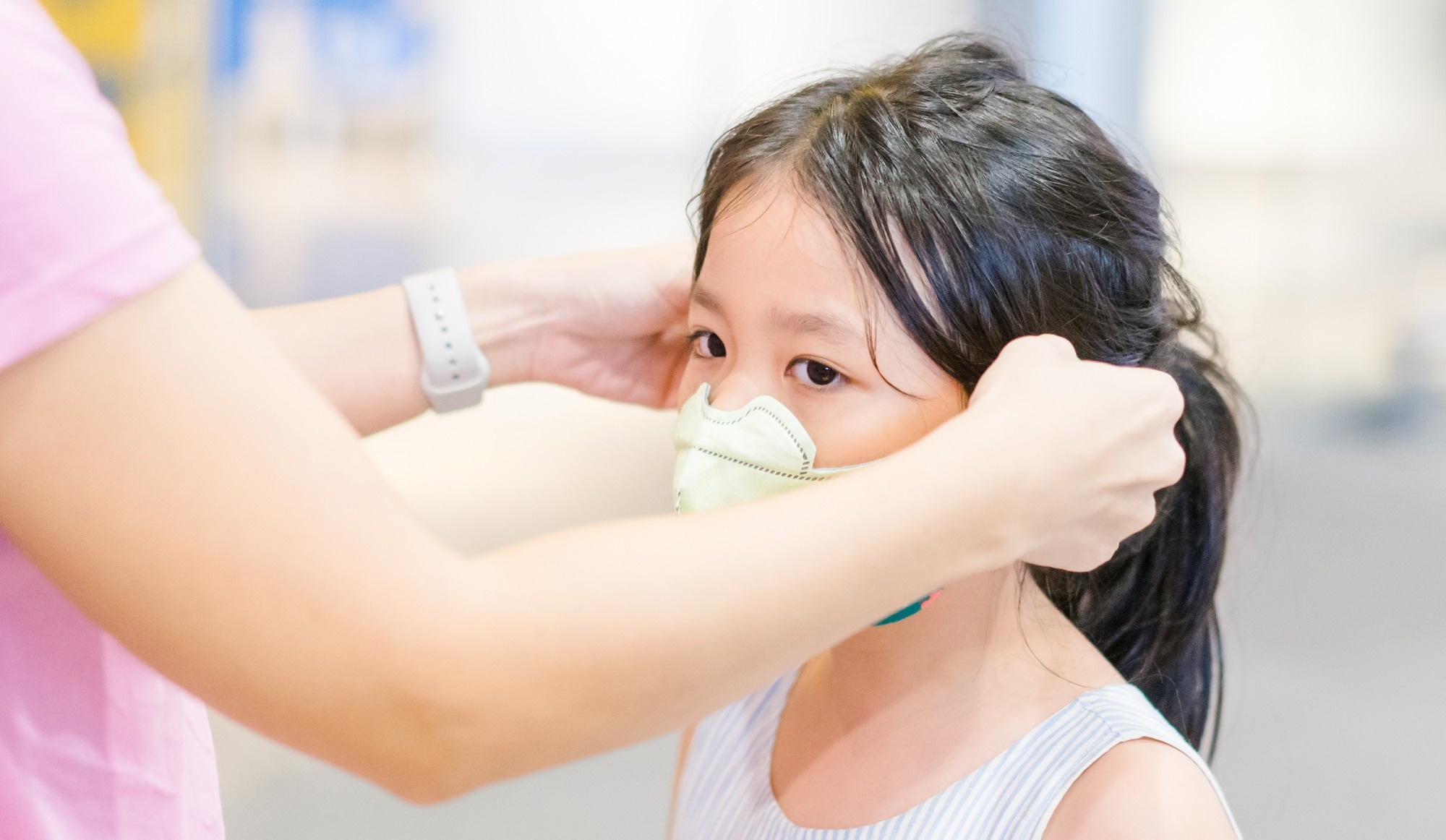In a recent article published in the journal Jama Network Open, researchers assess how the sufficiency and credibility of information provided on coronavirus disease 2019 (COVID-19) vaccines were associated with parental attitudes toward the vaccination of their children in South Korea.

Study: Parental Acceptance of COVID-19 Vaccination for Children and Its Association With Information Sufficiency and Credibility in South Korea. Image Credit: MIA Studio / Shutterstock.com
Background
A lack of relevant information due to ineffective communication leads to information insufficiency, in this case, inadequate knowledge of the potential health risks of a COVID-19 vaccine. This can reduce confidence and hinder a person from taking prompt action. The same situation arises when an individual does not have access to credible information.
Together, information insufficiency and credibility could change people’s perceptions and attitudes towards deciding in favor of or against a public health recommendation, such as whether to vaccinate their children against COVID-19.
When the South Korean government rolled out COVID-19 vaccines for children aged five to 11 years, the rate of hesitancy among parents to vaccinate children for COVID-19 was high, despite pediatricians’ recommendations. Many of these parents had genuine concerns about the vaccines’ short- and long-term adverse effects and efficacy in children.
About the study
In the present study, researchers provided an online survey to parents who spoke Korean and had at least one child studying in grades one through six, with parents and children enrolled in a 1:1 ratio for analysis.
The anonymous survey recruited people nationwide through web-based notices and aimed to examine parental COVID-19 vaccination acceptance for children. Specifically, it quantified the association of sufficiency and credibility of vaccine-related information with parental decision-making in favor of COVID-19 vaccination and their attitudes toward COVID-19 vaccination.
The team sought respondents’ consent electronically and ensured that all collected data through self-reporting questionnaires remained anonymous.
Study findings
Although the survey covered over 113,510 participants, the study analysis included over 113,450 responses. Most parents, around 38% of all survey respondents, were unwilling to get their children vaccinated against COVID-19.
Comparatively, about 29% wanted to wait before making a choice, whereas 22.9% were not immediately interested vaccinating their children right away and instead wanted to wait before making a final decision. Thus, both of these types of parents are easy targets to persuade and convert.
Only 6.5% of parents were willing to get their children vaccinated at the earliest possible age. These findings demonstrate the urgent need to make concerted efforts to convince more parents to vaccinate their children against COVID-19.
In this regard, providing sufficient information about COVID-19 vaccines is critical. Survey results showed that respondents who found vaccine information adequate were nearly three times more likely to opt for COVID-19 vaccination for their children as compared to those who perceived it inadequate. The researchers noted that information sufficiency had a positive correlation with vaccine acceptance.
Similarly, respondents who recognized vaccine information as credible were nearly seven times more likely to vaccinate their children than those who perceived it as untrustworthy.
Unfortunately, only 20.3% of parents found the provided COVID-19 vaccine information credible. The association of information credibility with vaccine acceptance was indirect; yet, it influenced parental attitudes regarding COVID-19 vaccine efficacy and safety.
It is noteworthy that the rapid dissemination of invalid or conflicting information on the COVID-19 vaccines in the media, a phenomenon called ‘infodemics,’ likely became a hindrance in the fight against COVID-19. These disinformation campaigns increased the reluctance among many parents to vaccinate their children against COVID-19.
Conclusions
The current study highlighted the problem of low uptake of the COVID-19 vaccines among children due to a lack of adequate and reliable information available to parents.
Thus, positive messaging about COVID-19 vaccination could be an effective intervention. To this end, public health departments should disseminate more evidence-based health recommendations for COVID-19 vaccines in the media.
Pediatric physicians are the most trusted by parents when seeking information about vaccination. These clinicians can therefore help provide information relevant to a child’s specific situation and encourage more parents to seek vaccination for their children to ultimately increase the uptake of the COVID-19 vaccine.
Journal reference:
- Lee, M., Seo, S., Choi, S., et al. (2022). Parental Acceptance of COVID-19 Vaccination for Children and Its Association With Information Sufficiency and Credibility in South Korea. JAMA Network Open 5(12). doi:10.1001/jamanetworkopen.2022.46624

 PARENTING TIPS
PARENTING TIPS PREGNANCY
PREGNANCY BABY CARE
BABY CARE TODDLERS
TODDLERS TEENS
TEENS HEALTH CARE
HEALTH CARE ACTIVITIES & CRAFTS
ACTIVITIES & CRAFTS

